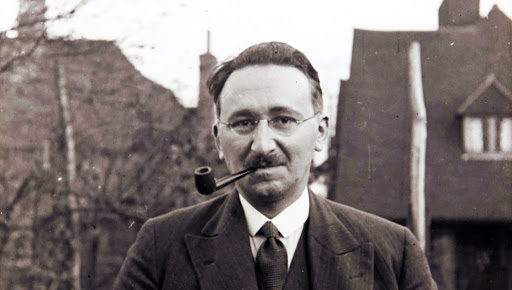
The last paragraph of the introduction to Hayek's The Constitution of Liberty is worth reading carefully, especially his characterization of liberalism as a "humble creed." Note also his reference to the "impatience of the passionate reformer."
That rings even more true today.
Liberalism, and liberals/libertarians, could use a lot more humility.
"Whether the moment has arrived when this tradition can be revived will depend not only on our success in improving it but also on the temper of our generation. It was rejected at a time when men would recognize no limits to their ambition, because it is a modest and even humble creed, based on a low opinion of men's wisdom and capacities and aware that, within the range for which we can plan, even the best society will not satisfy all our desires. It is as remote from perfectionism as it is from the hurry and impatience of the passionate reformer, whose indignation about particular evils so often blinds him to the harm and injustice that the realization of his plans is likely to produce. Ambition, impatience, and hurry are often admirable in individuals; but they are pernicious if they guide the power of coercion and if improvement depends on those who, when authority is conferred on them, assume that in their authority lies superior wisdom and thus the right to impose their beliefs on others. I hope our generation may have learned that it has been perfectionism of one kind or another that has often destroyed what degrees of decency societies have achieved. With more limited objectives, more patience, and more humility, we may in fact advance further and faster that we have done under the guidance of "a proud and most presumptuous confidence in the transcendent wisdom of this age, and its discernment.'"
The world is still not ready for what Hayek calls for. Too many are still drunk with the heady thought of having and using political power to remake the world in their imagination of a better world.
Is it socially and politically possible to escape from these temptations? I wonder, since each generation, not personally experiencing the consequences of the last attempt, think that this time they can do it right.
What we metaphorically call "collective memory" is a poor substitute for the lessons of experience learnt by the people who actually had the experience. We don't really "remember" from one generation to another. And the new generation instinctively wants to distinguish itself from the "failures" of the past. It is a combination of hubristic ignorance and adolescent identity establishing rebellion.